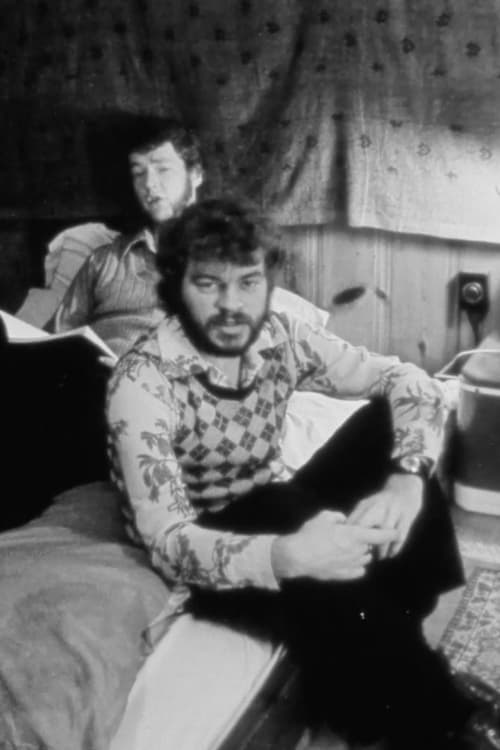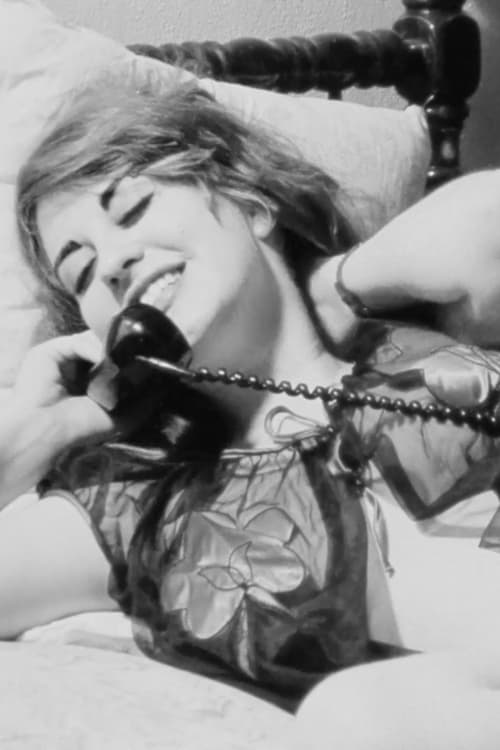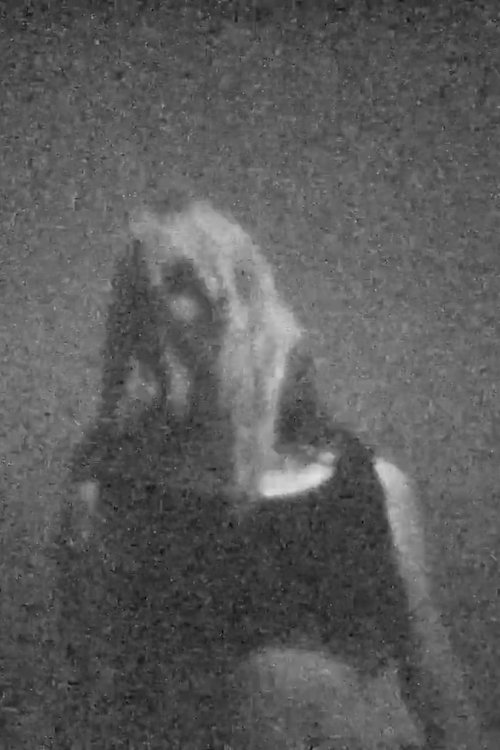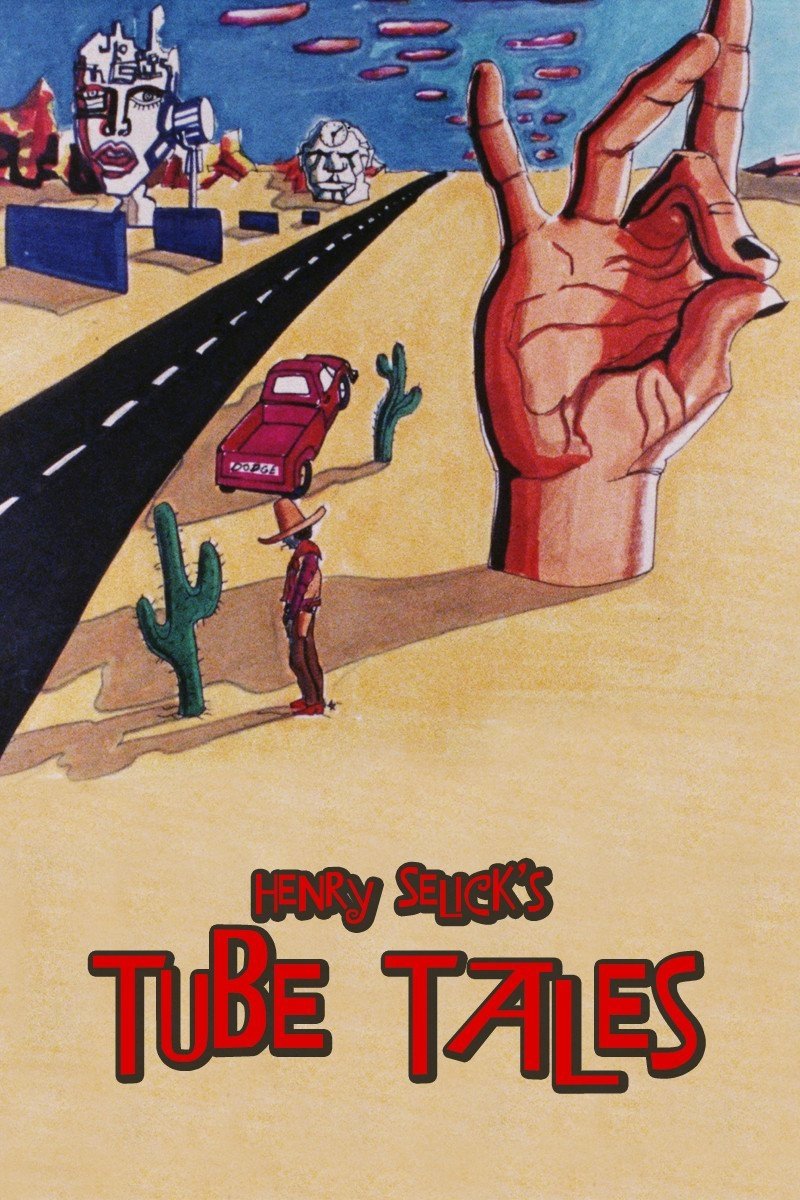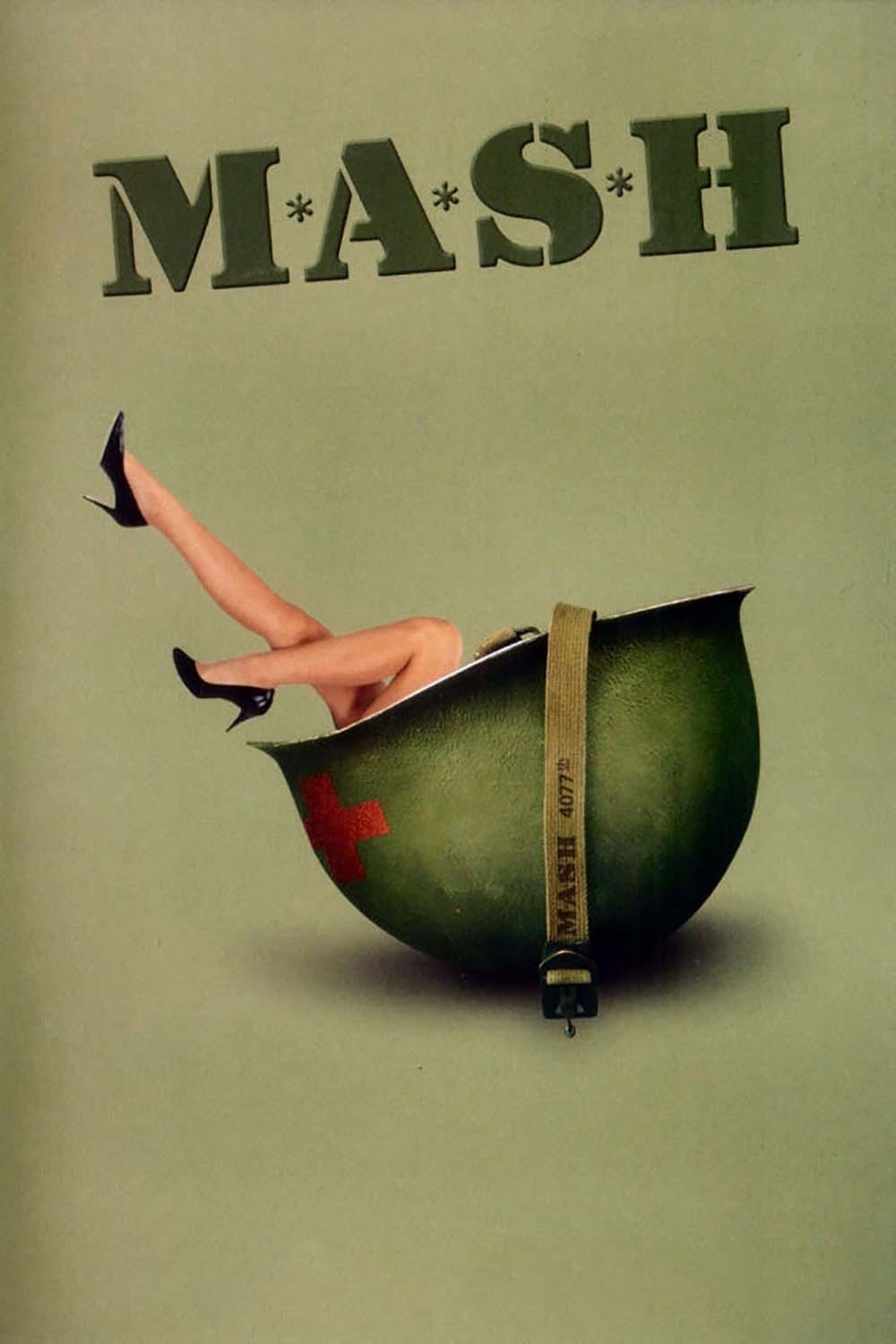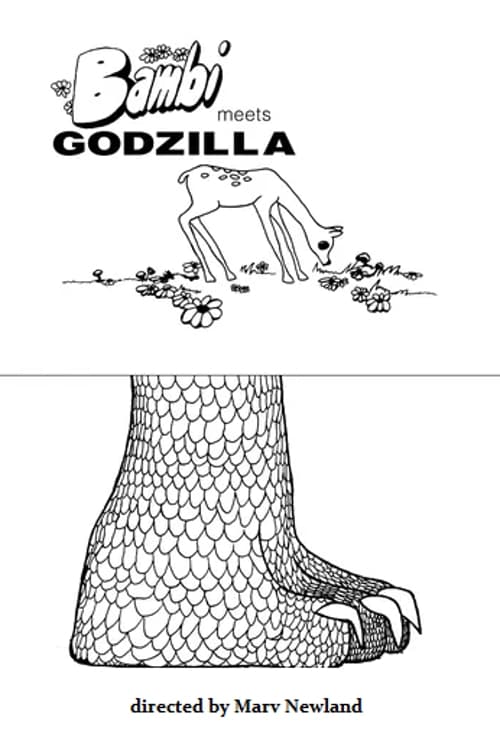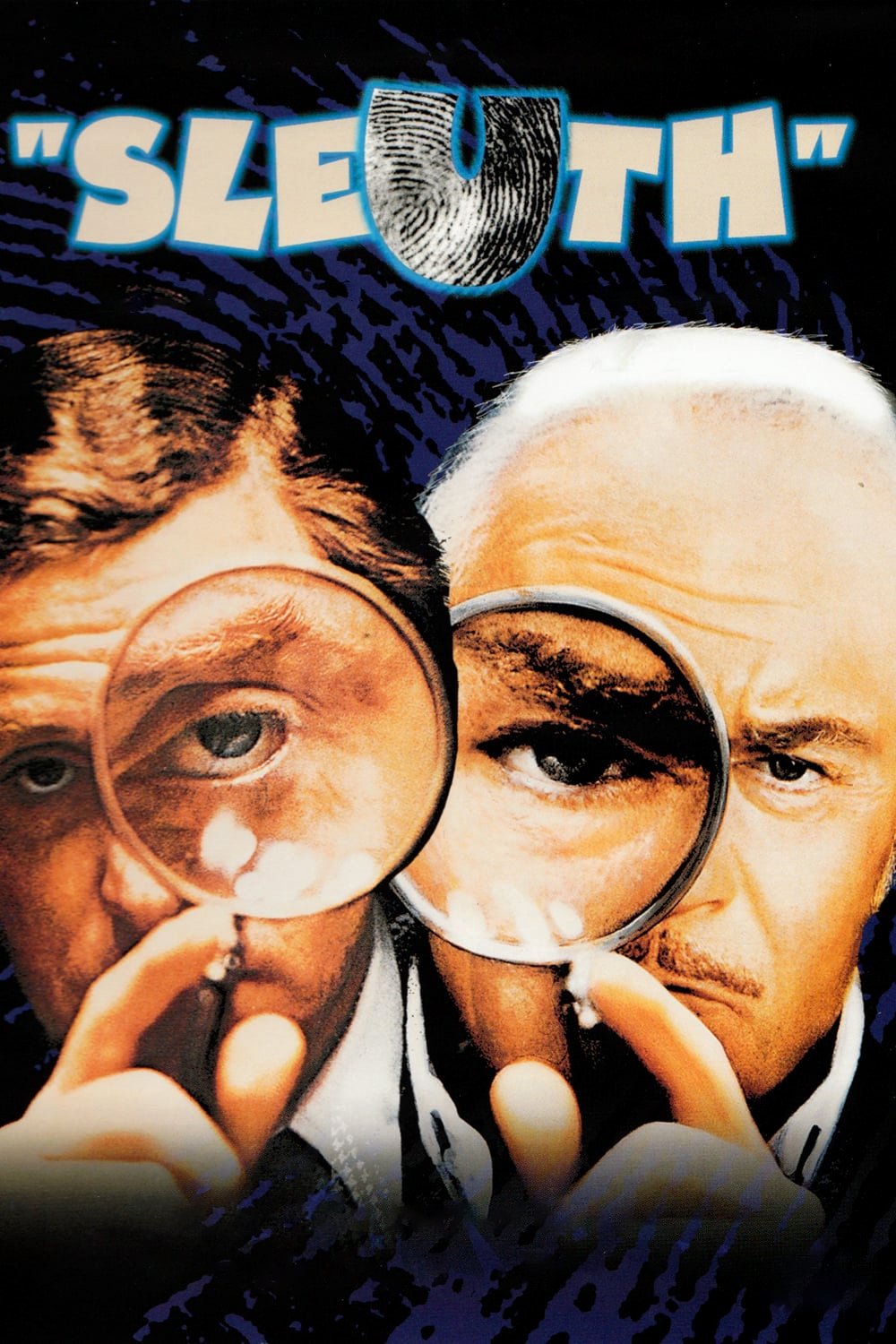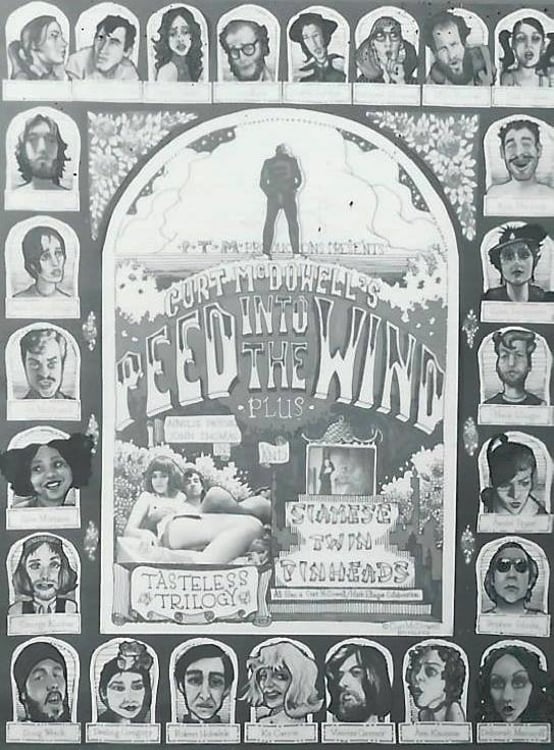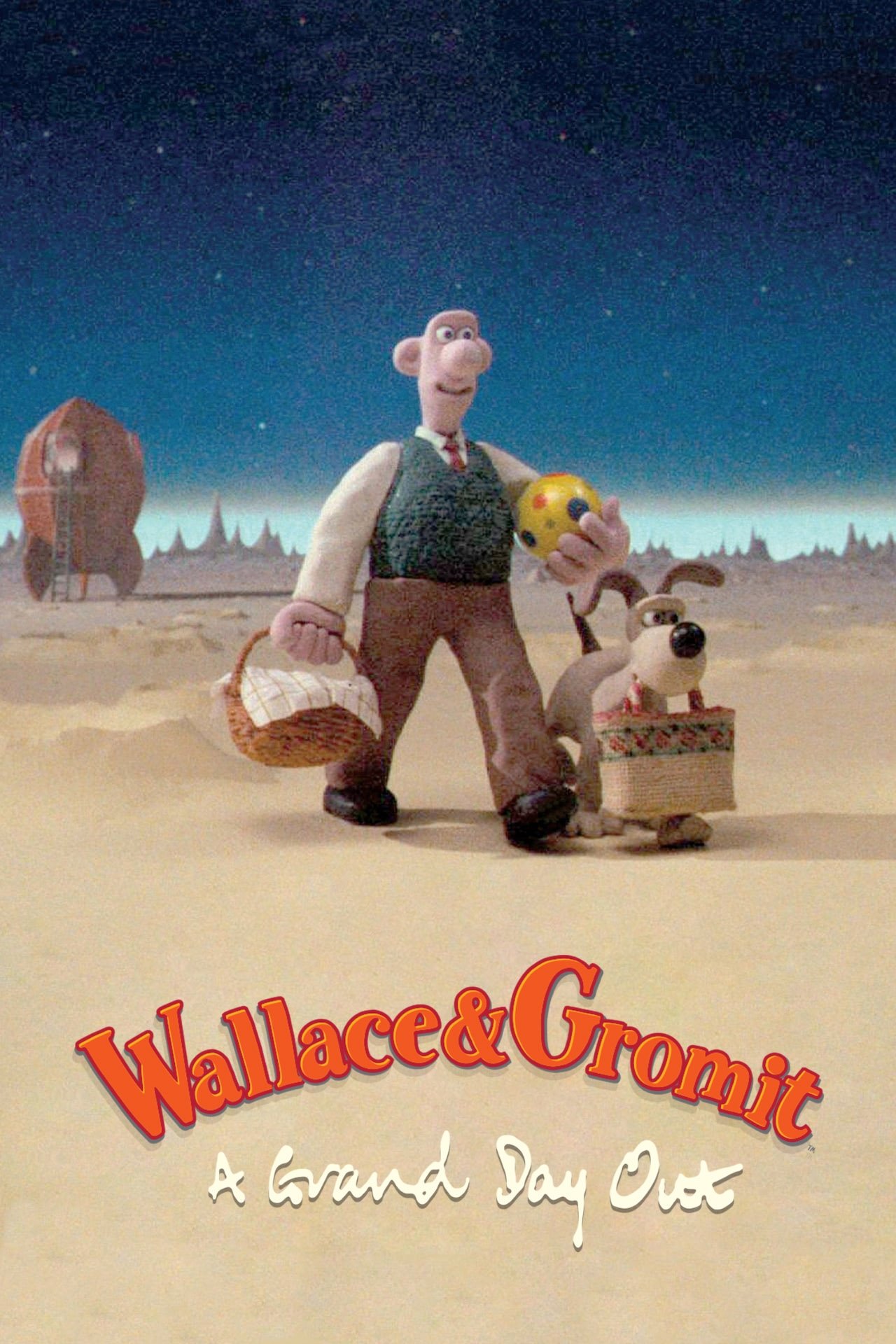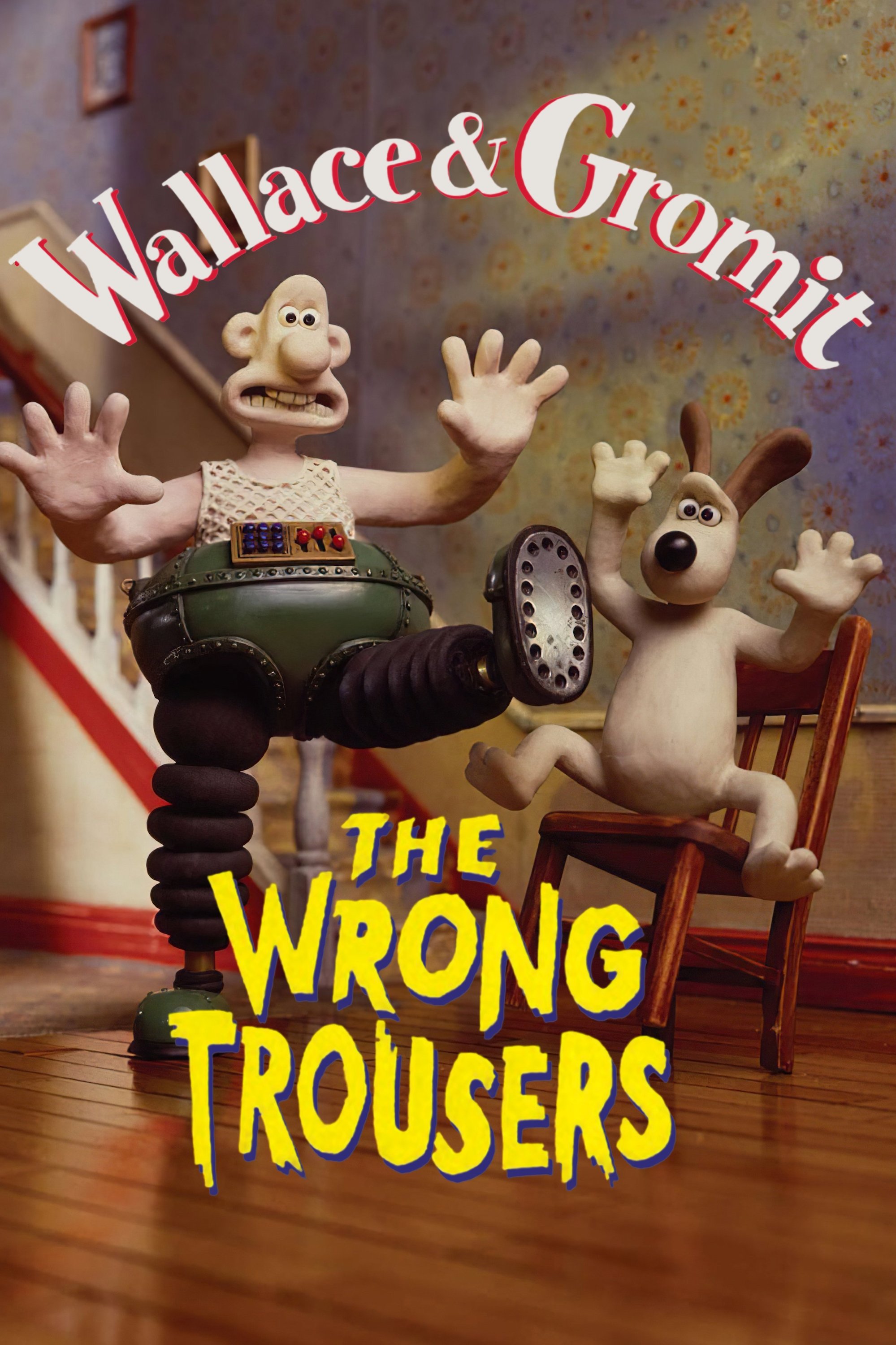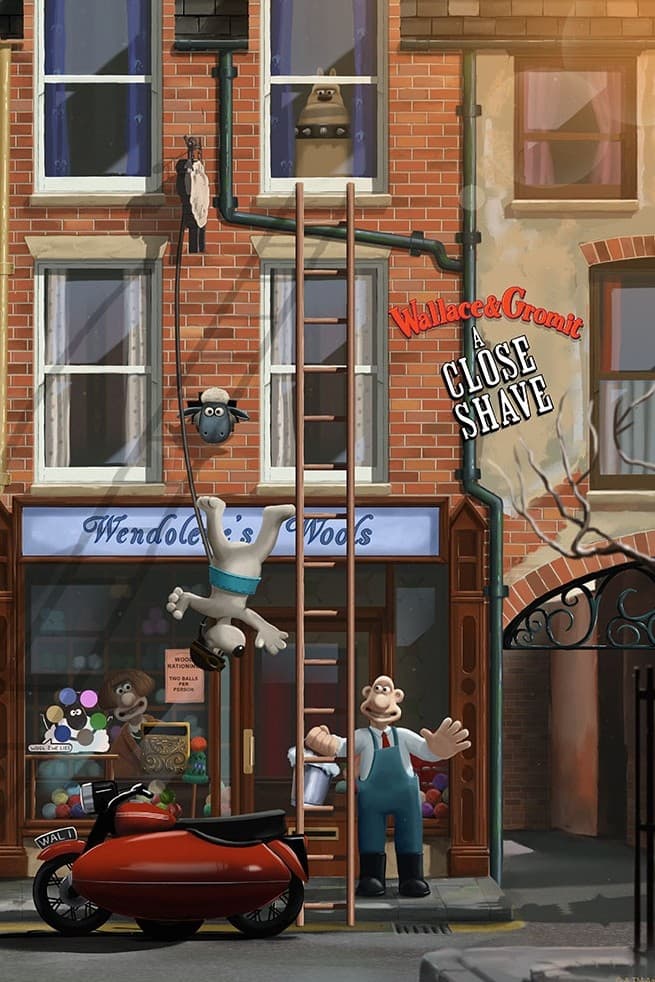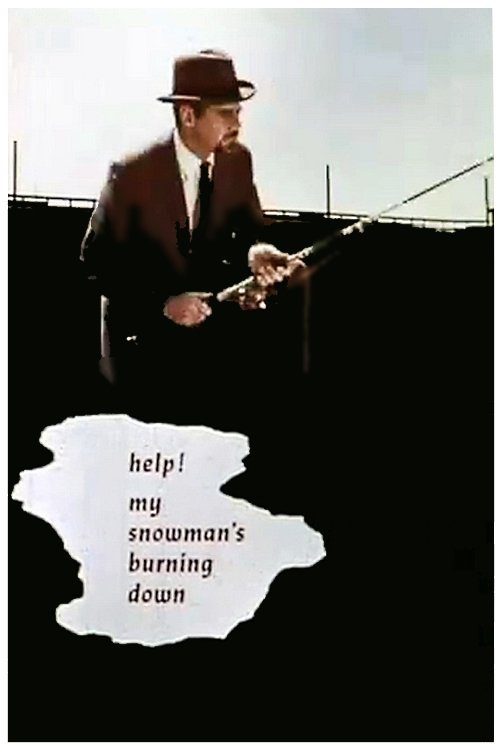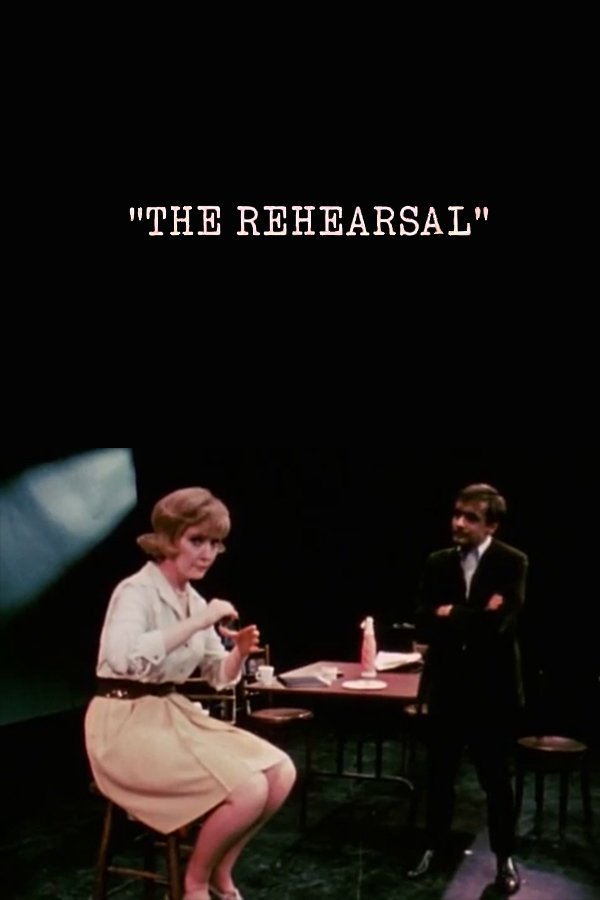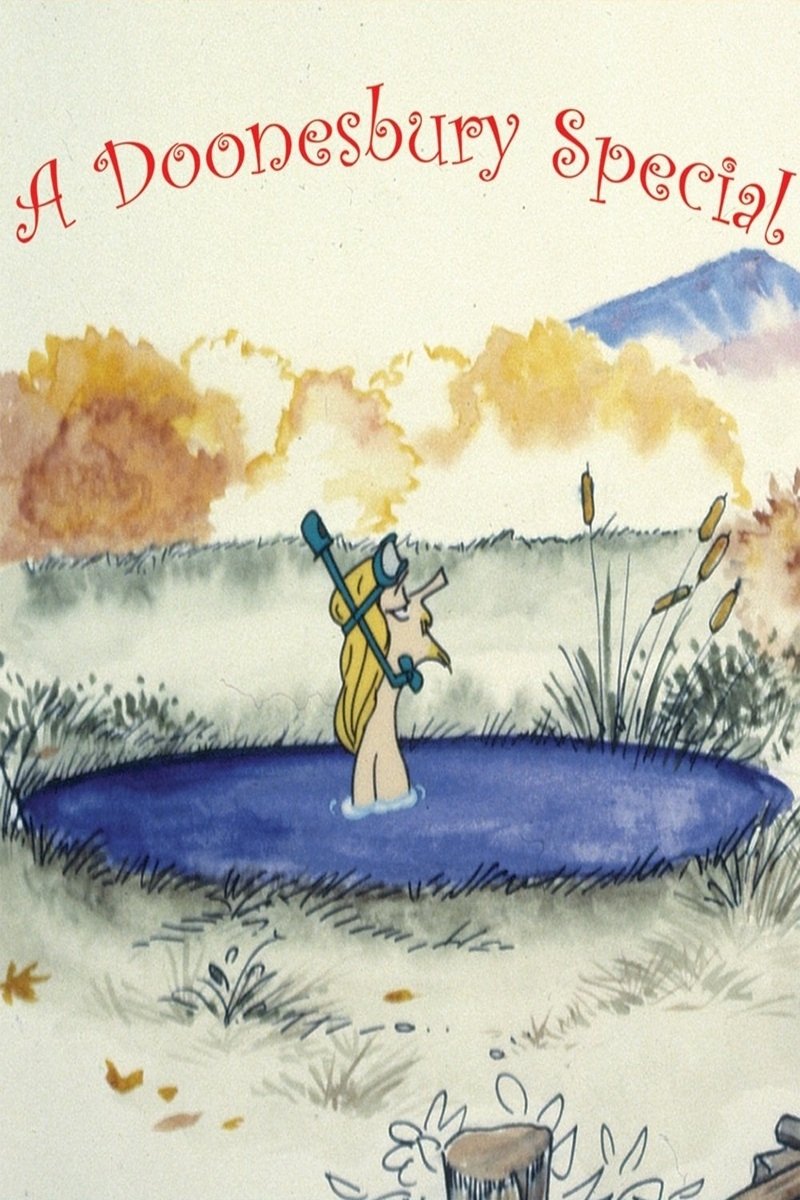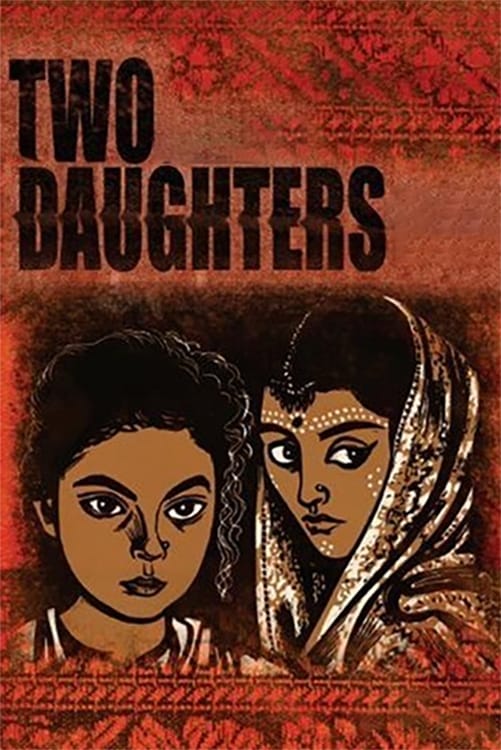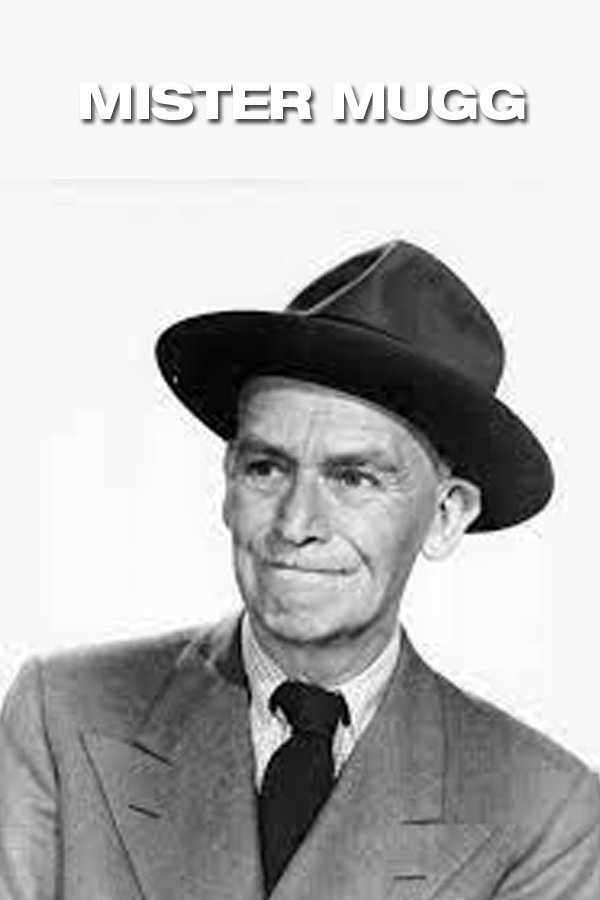
Mister Mugg (1933)
Overview
Mister Mugg is a 1933 short American pre-Code comedy film directed by James W. Horne. It was nominated for an Academy Award at the 6th Academy Awards in 1933 for Best Short Subject (Comedy). Preserved by the Academy Film Archive in partnership with Library of Congress Motion Picture, Broadcasting, and Recorded Sound Division, in 2012.
Production Companies

Additional Info
| Budget | $0.00 |
|---|---|
| Revenue | $0.00 |
| Original Language | en |
| Popularity | 0.628 |
Directed By
James W. Horne
Crew
James W. Horne
TOP CAST
Similar Movies
Prices Unlimited
Two young women, frustrated by war rationing, have a dream illustrating the likely results on prices in America should the measure were prematurely lifted. Preserved by the Academy Film Archive in 2008.
Wieners and Buns Musical
A musical about an unhappy couple and the man that stands between them. Preserved by the Academy Film Archive in 2015.
The Mean Brothers "Get Stood Up"
Two brothers are stood up and lament through song. Preserved by the Academy Film Archive in 2015.
Beaver Fever
A short comedy by Curt McDowell. Preserved by the Academy Film Archive in 2015.
Truth for Ruth
Curt McDowell relates an idea for a film to Ted Davis. Preserved by the Academy Film Archive in 2016.
Tube Tales
An animated parody of television commercials and the television audience. Preserved by the Academy Film Archive.
Bambi Meets Godzilla
Bambi is nibbling the grass, unaware of the upcoming encounter with Godzilla. Who will win when they finally meet? Preserved by the Academy Film Archive in 2009.
The Active Life of Dolly of the Dailies #5: The Chinese Fan
An early Thomas Edison short. A young woman is kidnapped while attending a play in Chinatown. A reporter attends another play in Chinatown, is likewise kidnapped and rescues the young woman. Preserved by the Academy Film Archive in 2011 in partnership with the National Film Preservation Foundation New Zealand Project.
Peed Into the Wind
“PEED INTO THE WIND smears across the screen like one of those dirty underground comic books. It’s loaded with a lot of big scenes and unusual looking people that make this epic resemble a clogged toilet. Unfortunately, since several of the performers were not as loyal as Ainslie Pryor and John Thomas, the plot is difficult to follow but in no way hinders the sewer-like sequences. It’s quite enjoyable and possesses the releasing power of an enema.” –George Kuchar. Preserved by the Academy Film Archive in 2016.
A Grand Day Out
Wallace and Gromit have run out of cheese, and this provides an excellent excuse for the duo to take their holiday to the moon, where, as everyone knows, there is ample cheese. Preserved by the Academy Film Archive.
The Wrong Trousers
Wallace rents out Gromit's former bedroom to a penguin, who takes up an interest in the techno pants created by Wallace. However, Gromit later learns that the penguin is a wanted criminal. Preserved by the Academy Film Archive.
A Close Shave
Wallace's whirlwind romance with the proprietor of the local wool shop puts his head in a spin, and Gromit is framed for sheep-rustling in a fiendish criminal plot.
Help! My Snowman's Burning Down
My Snowman's Burning Down is an American short film made by Carson Davidson in 1964, with music composed and performed by Gerry Mulligan. A surrealistic and humorous satire on the Madison Avenue image of the world through advertising. The film was nominated for an Academy Award for Best Live Action Short Film. Preserved by the Academy Film Archive in 2009.
The Rehearsal
The Rehearsal is a 1969 short comedy, written and directed by Stephen F. Verona. It is a humorous short where a director becomes frustrated with a quisitive actress during the rehearsal of a play. The film was nominated for an Oscar for Best Live Action Short Film. Preserved by the Academy Film Archive in 2010.
A Doonesbury Special
Garry Trudeau's classic characters (Mike Doonesbury, Zonker, etc.) examine how their lifestyles, priorities, and concerns have changed since the end of their idealistic college days in the 1960s. Preserved by the Academy Film Archive in 2012.
Doubletalk
Doubletalk is a 1975 short film directed by Alan Beattie. The film follows a young man who picks his girlfriend up at her family home and meets her parents -- and the audience is privy to their private thoughts and impressions. The film was nominated for an Oscar for Best Live Action Short Film. Preserved by the Academy Film Archive in 2012.
Three Daughters
Three stories with three central female characters linking the stories together. The first one concerns an orphan girl who grows attached to the postmaster she is caring for after he teaches her to read and write. The second one is a supernatural tale about a woman obsessed with the jewels her husband buys for her. The final one follows a young man who falls for an unconventional girl from his new village instead of his arranged bride, the daughter of a respectable family.
Spider Baby
In a dilapidated rural mansion, the last generation of the degenerate, inbred Merrye family lives with the inherited curse of a disease that causes them to mentally regress from the age of 10 or so on as they physically develop. The family chauffeur looks out for them and covers up their indiscretions. Trouble comes when greedy distant relatives and their lawyer arrive to dispossess the family of its home.
